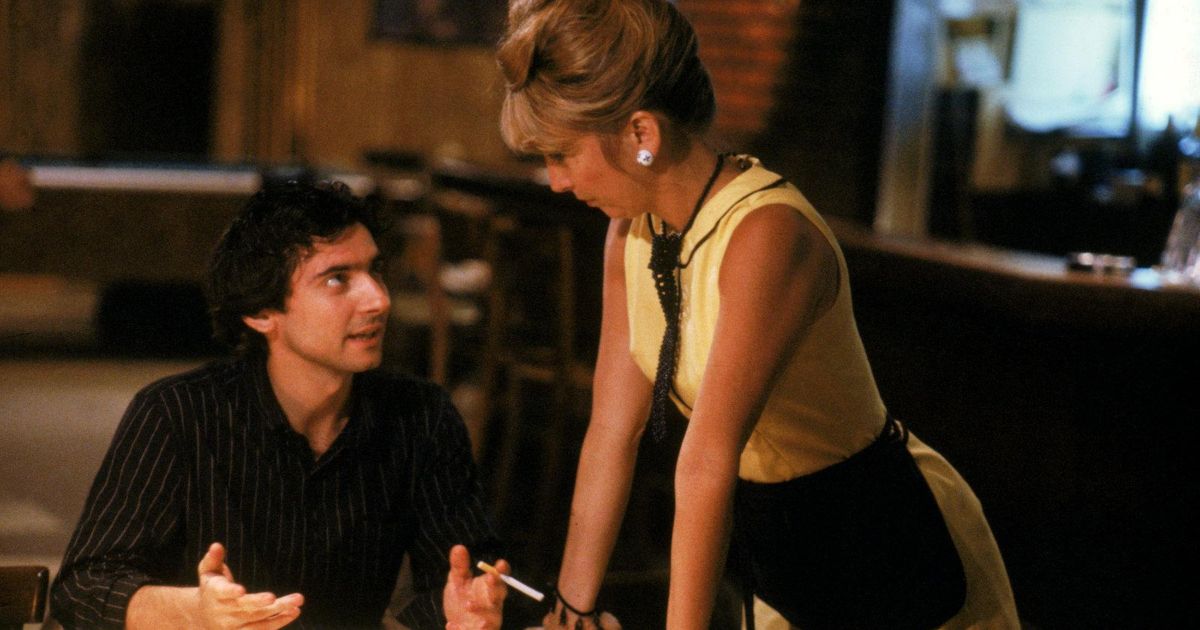Director Martin Scorsese is one of the most celebrated filmmakers of his generation. He's made some of the most important films of the last 40 years including Taxi Driver, Casino, Goodfellas, Raging Bull, Gangs of New York, and The Wolf Of Wall Street, and Scorsese was a major figure of the New Hollywood era of American movies (mid-1960s to 1980). Scorsese's films are heavily influenced by his hometown of New York City and his Italian-American heritage, and typically feature main male characters (predominantly his frequent collaborations with actor Robert De Niro and later Leonardo DiCaprio) who mask their insecure natures with machismo and are involved in crime.
Scorsese's films have been nominated for a whopping 91 Academy Awards and have won 20 for various technical aspects, though the director has shockingly only won a single Oscar for Best Director, on the only film of his to win Best Picture, The Departed. In a weird way, then, many of his films are almost underrated, and none more so than After Hours, a movie which heavily deviates from Scorsese's usual playbook of violence and profanity, though it does play on his themes of masculinity and male insecurities.
After Hours is a pitch-black comedy that takes place over the course of one night, as opposed to the often decade-spanning films of the director. In it, Paul Hackett (Griffin Dunne) leaves his boring office job and experiences a series of misadventures as he makes his way home to his SoHo residence one utterly weird night. The 1985 film is quite a departure for Scorsese and over the years has become a cult classic.
After Hours Is One Of Scorsese's Rare Forays Into Comedy
Martin Scorsese is a man who knows the kinds of stories he likes to tell, and those stories typically revolve around morally questionable men who are often involved in criminal undertakings. Prime examples of this from his filmography include Goodfellas, The Departed, Gangs of New York, Casino, and The Irishman, though The Wolf Of Wall Street also fits into the crime drama genre. After Hours is just one of three comedies the acclaimed director took on, though we're using that term very loosely.
Alice Doesn't Live Here Anymore and The King Of Comedy are his only other two 'comedy' films, though the former seems more dramatic by today's standards (and is incredibly early in his career) and the former is a ridiculously dark comedy that's still relevant four decades later, inspiring the recent movie Joker of all things.
After Hours Is a Biting Satire on the Yuppie Lifestyle
After Hours is a film that lands firmly in the genre called the "yuppie nightmare cycle," something which started coming out of the Reaganite '80s and satirized privileged white men who got caught up in the violence and sexuality that their hypocritical suburban lives often repressed. Other prominent examples of this slight subgenre include the excellent Into the Night with Jeff Goldblum and Jonathan Demme's masterpiece Something Wild with Jeff Daniels and Melanie Griffith. In After Hours, American Werewolf in London's Griffin Dunne is just trying to get home, but along the way he encounters several women -- Kiki, Marcy, Julie, Gail, and June. Each of them dominates or emasculates him in their own ways, guiding him deeper into a nightmarish hell deeper and deeper into the city.
Kiki is sexually aggressive, Marcy isn't interested in having sex with him, Julie and Gail turn on him and run him off, and June, well, she literally casts him in plaster, effectively making him unable to move or protect himself. Additionally, Julie, an artist, uses a sketch of Paul as a photo in a Wanted poster for a murderer. Everywhere Paul turns, strong and powerful women are cutting him off at the knees and prolonging his attempt to get home. It is a nightmare scenario peopled with yuppies from the mid-1980s all just expressing who they are at that moment in time, or at least who they are confusedly trying to be. The supporting cast is excellent as well, with a young Catherine O'Hara, Terri Garr, Rosanna Arquette, Cheech and Chong, John Heard, Dick Miller, and more rounding out the periphery of Griffin Dunne's comic terror.
After Hours Won Major Awards
After Hours may have only made $10.1 million ($27.4 million when adjusted for inflation), but that was more than double its paltry budget, and the film found new life on VHS, cable television, DVD, and streaming as time went on. The film is considered to be one of Martin Scorsese's most underrated movies, a fact that is underscored by the awards it won. Scorsese won the Best Director Award at the Cannes Film Festival in 1986 (literally his only other award at Cannes aside from Taxi Driver) and the Independent Spirit Awards for Best Director and Best Feature.
Scorsese's Attorney Gave Him the Script For After Hours
Martin Scorsese was disappointed that Paramount had put his passion project, The Last Temptation of Christ, in turnaround. (It would eventually be made at Universal and released in 1988.) That masterpiece would have to wait, but in the meantime Scorsese's attorney, Jay Julien, approached him with a script called One Night in Soho that had Griffin Dunne attached to star. Scorsese put his own spin on the story and changed the name of the film to After Hours.
Tim Burton Was Originally Attached To Direct After Hours
Director Tim Burton was originally attached to direct After Hours. Burton has a very specific style of filmmaking, which is on display in all of his films but especially in The Nightmare Before Christmas, Beetlejuice, Edward Scissorhands, and Alice in Wonderland. Needless to say, After Hours would have been a very different and probably darker and more absurd movie with Burton directing (which is saying something, since it's already a very dark and, for Scorsese, ridiculously absurd movie). When the funding for The Last Temptation of Christ dried up and Martin Scorsese became interested in the film, Burton stepped aside and let Scorsese have the film.
After Hours Got Great Reviews
While some people, like The New York Times' resident grouch Vincent Canby, criticised elements of the movie, other people adored. Roger Ebert named After Hours one of the year’s best films, giving it four out of four stars and calling it a great combination of comedy and satire. In fact, 24 years after its release, Ebert named After Hours one of the 'great movies,' a title reserved to a very select group of films for the famed critic. Ebert writes, "After Hours approaches the notion of pure filmmaking; it's a nearly flawless example of — itself." He continues:
I recall how I felt after the first time I saw it: wrung out. Yes, no matter that it was a satire, a black comedy, an exercise in style, it worked above all as a story that flew in the face of common sense, but it hooked me [...] I no longer feel the suspense, of course, because I know what will happen. But I feel the same admiration. "An exercise completely in style," Scorsese said. But he could not quite hold it to that. He had to make a great film because, perhaps, at that time in his life, with the collapse of "The Last Temptation," he was ready to, he needed to, and he could.
After Hours remains a wacky, paranoid fever dream, a yuppie nightmare the kind only Scorsese could have made, and yet almost 40 years after its release it remains woefully underrated. That should change.

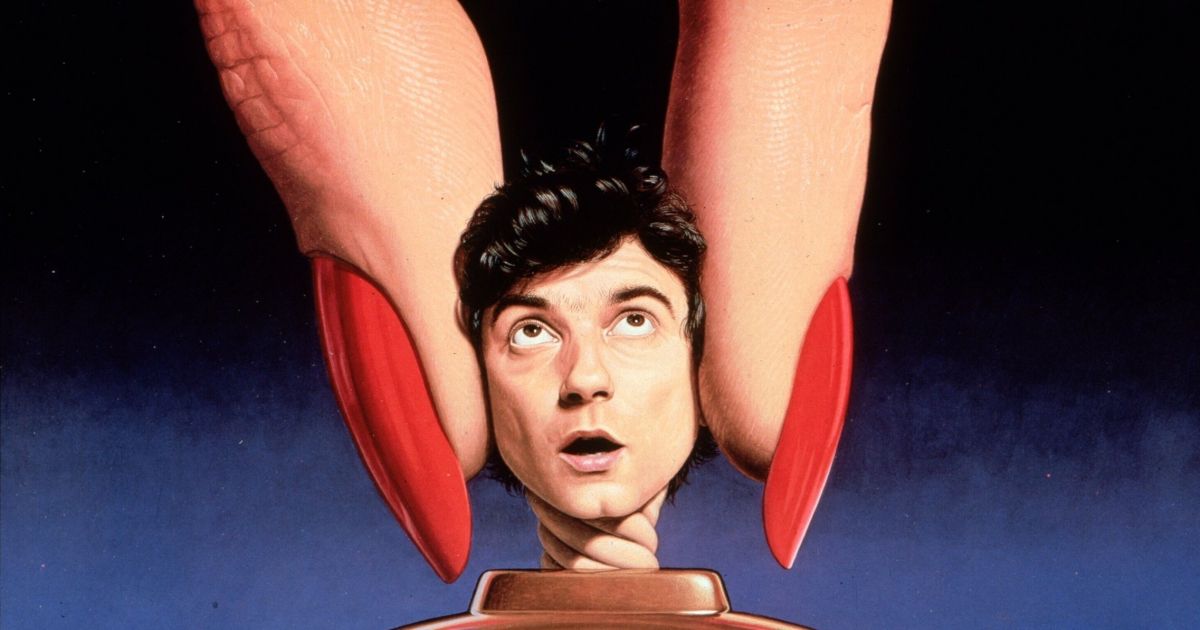
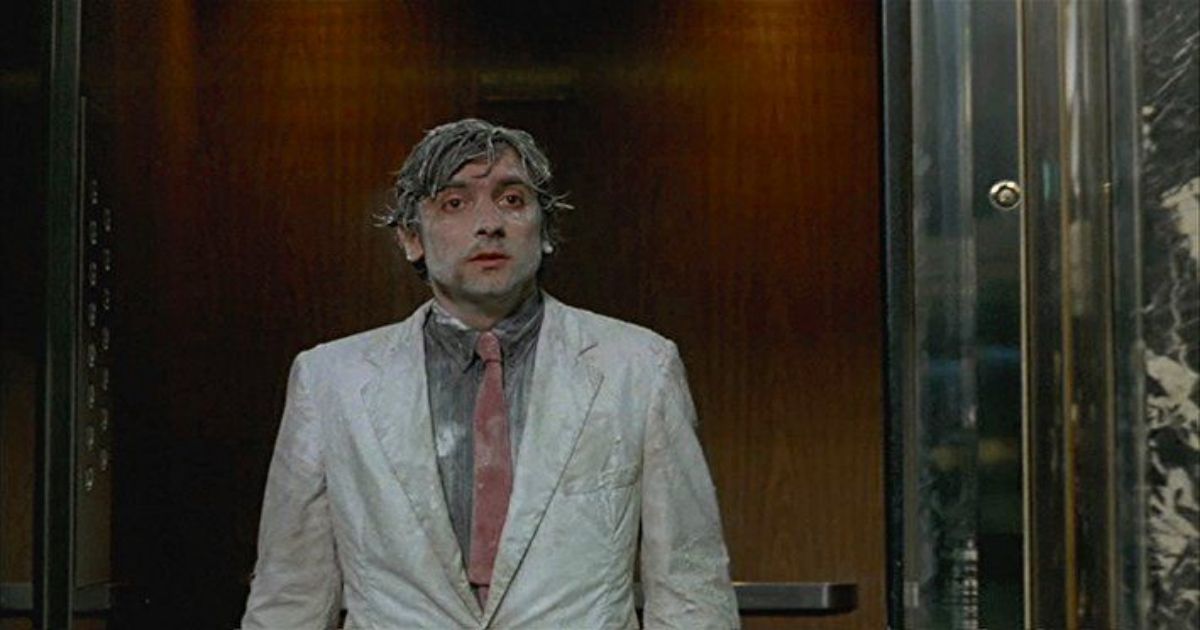
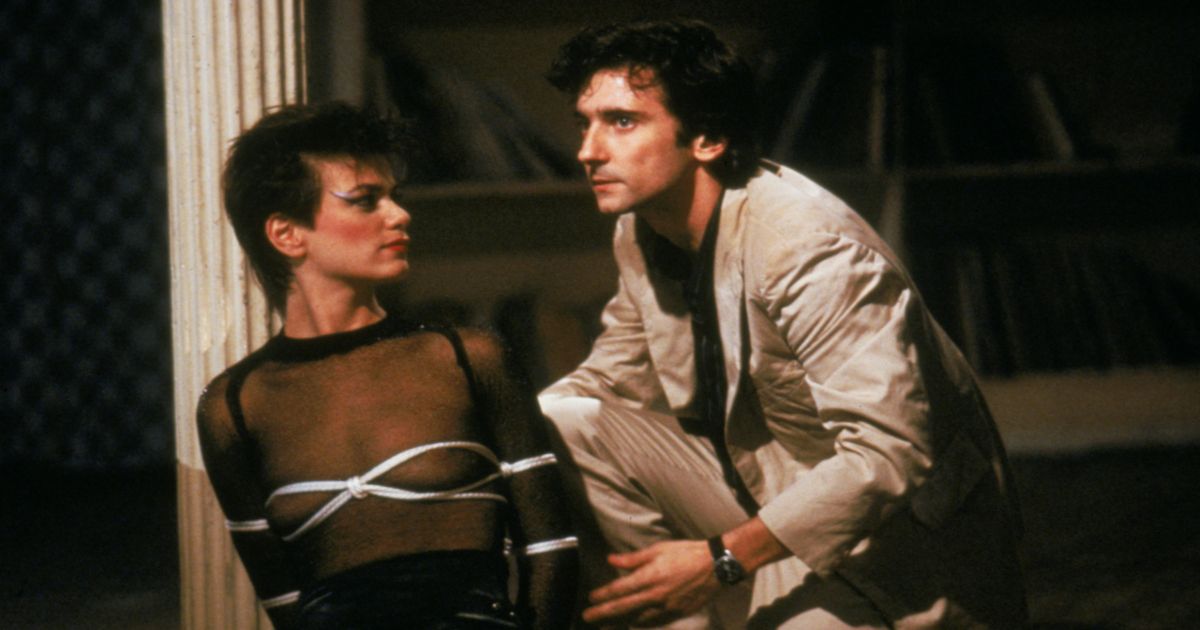
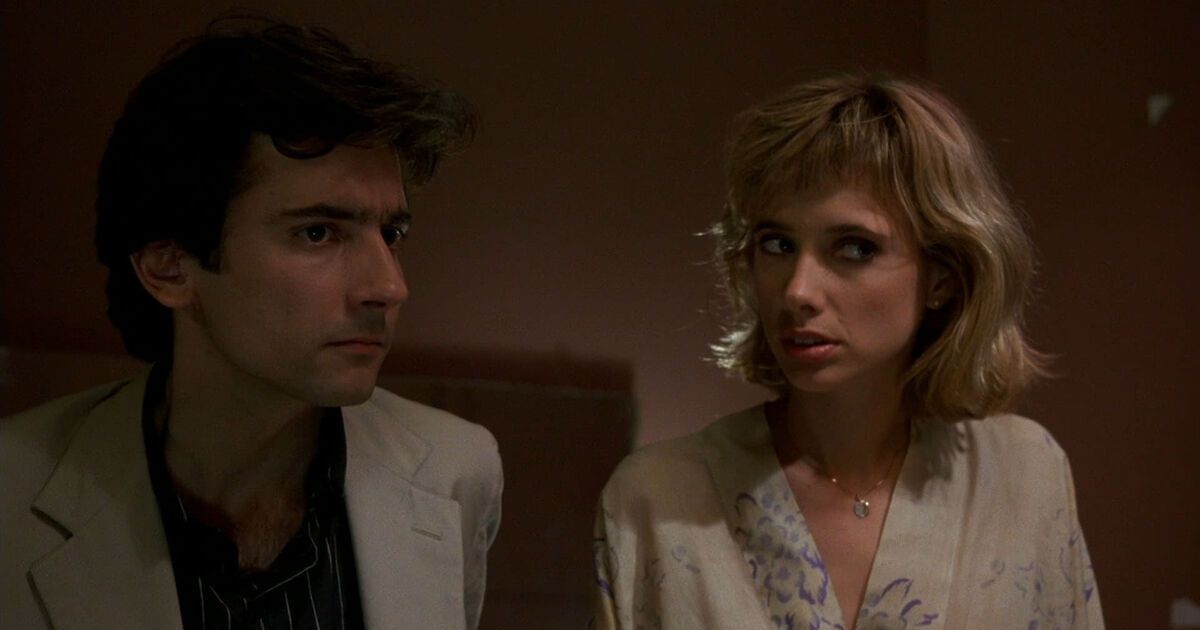
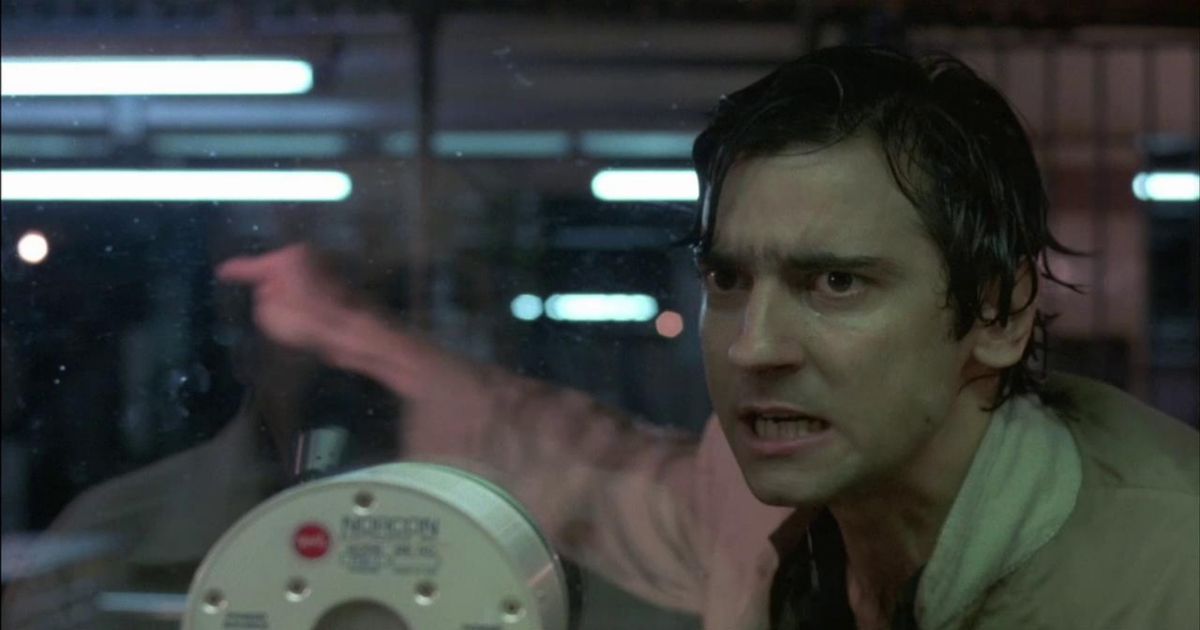
.jpeg)
